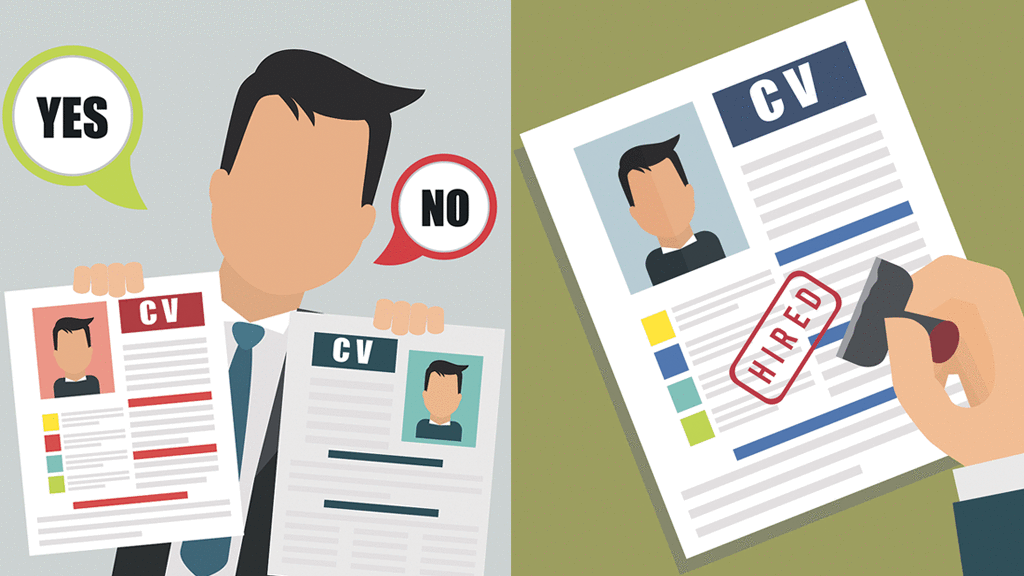Things on a CV Recruiters Hate

An interviewers role is to find the best canditate to suit the available position and to not disappoint the employer. This can be pretty hard when the only thing they can rely on is your CV. But this does not mean they lack experience in what they are looking for. In fact they have a very trained eye to know what is needed and what is not. Check out these facts below.
- First applications are received 200 seconds after a job is posted
- Average time spent looking at a CV is 5-7 seconds
- One spelling or grammar mistake and your CV will be thrown in the bin
- 88% job rejection rate if you have a photo of yourself on your CV
- One in three employers rejected candidates based on something they found about them online
- An average of 250 CVs are received for each job position
- 68% of employers will find you on Facebook
- 17% chance that your cover letter will be read
- 76% of CVs are ignored if your email address is unprofessional
Here are some things you should never do when creating your CV
Not Tailoring It for The Job
A CV should not just state your career and educational history, but should instead present the qualities the potential job offer requires. Candidates must adapt their CV to match the job description, including keywords and core strengths that are required within their industry. This will make your it easy to read and highlight the most important information.
Focussing on The Duties Rather Than The Achievements
Whilst role descriptions should list the core duties a candidate carried out in each position. They must also include plenty of specific achievements to prove their value. Including facts and figures into examples will help strengthen these accomplishments and give more context to the employer. Stating only duties within each position will not make a CV stand out from all the others the recruiter must go through.
A Poorly Formatted CV
The structure of a CV is equally important than the content. A disorganised or messy structure will only distract the recruiters attention, causing them to miss critical information. A strong structure will allow the recruiter to simply navigate a candidate’s experience, helping them determine why you’re the right applicant for the position. You must make it easy to read by breaking up large blocks of text, using bold headers, bullet points, and distinctive sections.
Further Readings:
Tailor Your CV for a Career Change
How to Leave a Job in Right Way






